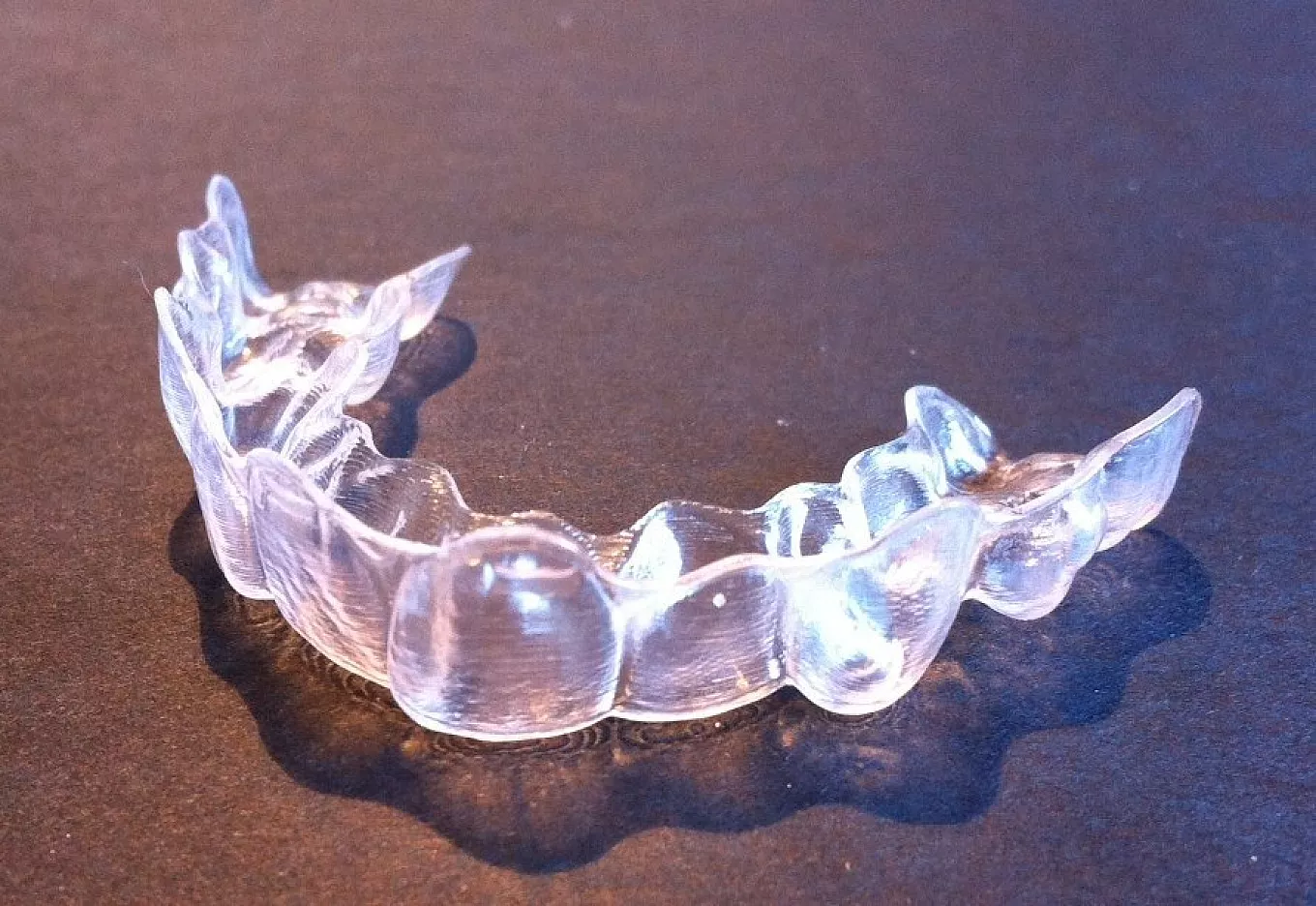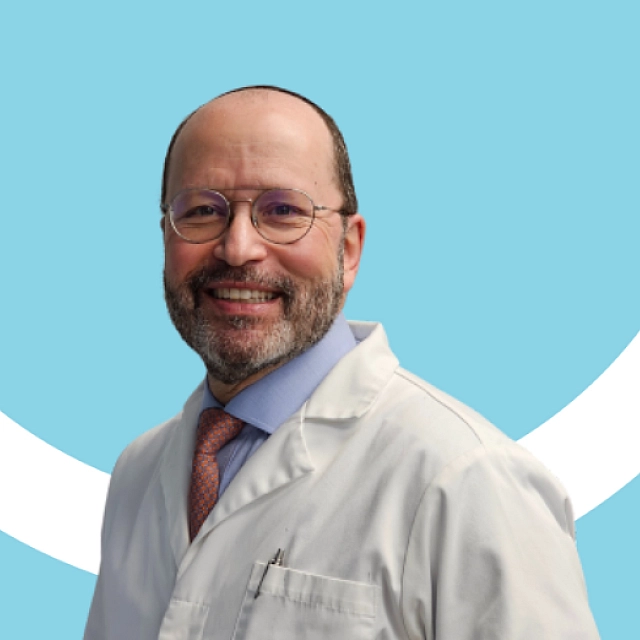
Dentist versus Orthodontist: What’s the Difference?
A general dentist typically does not receive any training in school for how to straighten teeth. An orthodontist, on the other hand, will receive an addition two to three years of specialized training after dental school. Dentistry is a broad medical specialty that encompasses many routine oral health needs, including check-ups and teeth cleaning, removing and repairing teeth, filling cavities, and making molds for dentures. While some dentists may further specialize in cosmetic dentistry or implant dentistry, dentists do not receive advanced training for correcting teeth misalignment or a treating a bad bite (“malocclusions”)– but an orthodontist will. Even if you do not have an overbite or underbite problem, a dentist may still lack the necessary knowledge and expertise to properly straighten teeth or correct overcrowding.Still not convinced you need treatment from an orthodontist rather than a dentist? Consider this: if you need the oil changed in your car or a quick tune up, just about any service station can do a fine job. But if your car gets in an accident and needs significant work done to repair the exterior, you’d go to an auto body shop that specialized in this type of repair. This same logic holds for aligning your teeth. Your regular dental appointment is great for a quick check-up and cleaning. But if your teeth are crooked, you’re better off seeking treatment from an orthodontist who specializes in this type of care.
Dentists & Orthodontists: What to Expect
Dentists are trained to identify general problems with the bite, jaw and tooth alignment. For example, many pediatric dentists will recommend their patients to an orthodontist once children reach a certain age and require treatment. But fundamentally, your Halifax dentist will have a very different role than your orthodontist.You visit your dentist every six or 12 months for a thorough dental cleaning. Your dentist will clean and polish your teeth, take X-rays to check for cavities and may even treat issues like tooth decay and toothaches. While your orthodontist won’t clean your teeth, he or she will create a custom treatment plan to bring your teeth and jaw back into alignment.If you choose to get Invisalign treatment from a Maritime orthodontist, you will visit your orthodontist every few weeks to receive a new mold that subtly shifts your teeth’s position. After treatment is complete, you likely won’t see your orthodontist again. With your dentist, however, you’ll build a long-term relationship that ideally lasts for many years– long after your Invisalign treatment is complete. Here at Doc Braces, we’ve like to work closely with a patient’s dentist to ensure all patients are on the path to long-term success even after their Invisalign treatment is complete.To learn more about the difference between a dentist and an orthodontist, download our FREE eBook.




